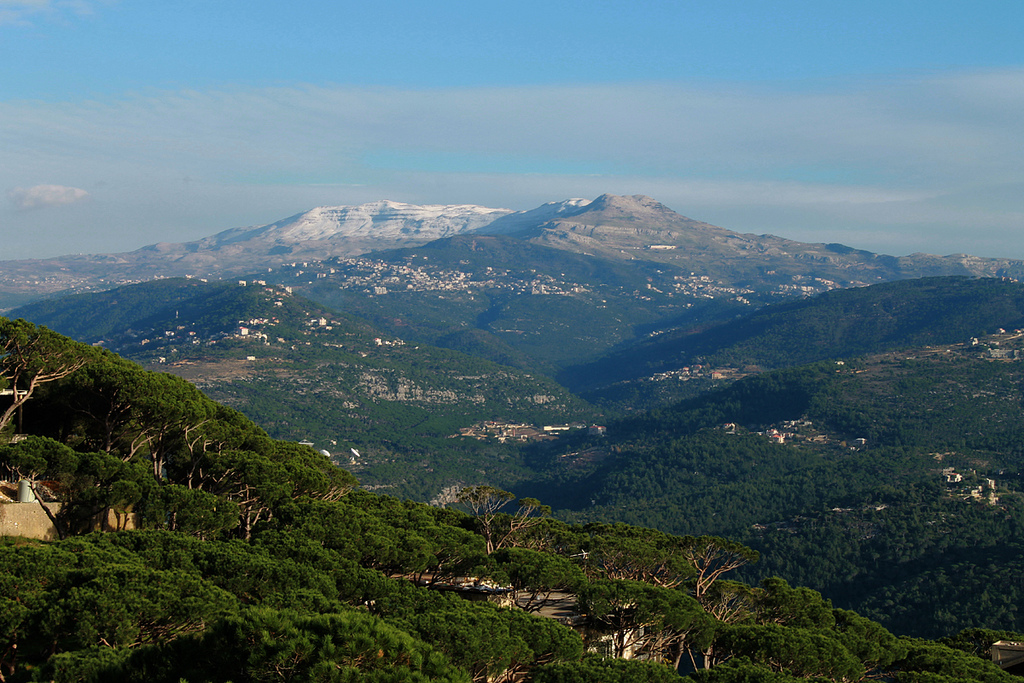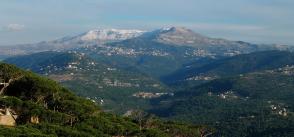
A dam in built in "paradise"
Work on the dam, which will be one of the biggest in the Arab world if completed, began last year, leaving wide swathes of the valley carved out and thousands of trees bulldozed. (A claimed completion date of 2016 seems unlikely to be met.) Most of the farms and homes in Abu Akar’s village, known as Jannah—Arabic for “paradise”—have been leveled. Jannah sits on the upper banks of the Abraham River, which runs beneath snowcapped peaks to the Mediterranean Sea, about 12 miles downstream from Abu Akar’s home. It cuts a winding path through the verdant Adonis Valley, which is lined with waterfalls and natural springs and home to some 700 animal and plant species, making it one of the most biodiverse regions in the Middle East.
Experts warn that blocking the river and building the dam, which will require flattening up to 500 acres of hillside forest, will not only stifle the river flow and destroy natural habitats but endanger a vast underground network of aquifers that feed Beirut’s primary water source, the Jeita spring. The spring, 20 miles southwest of Jannah, produces a subterranean river that courses through the Jeita caverns, a major tourist attraction and a symbol of national pride seen on postcards and currency notes.
[Full article here | Photo by rabiem22]







